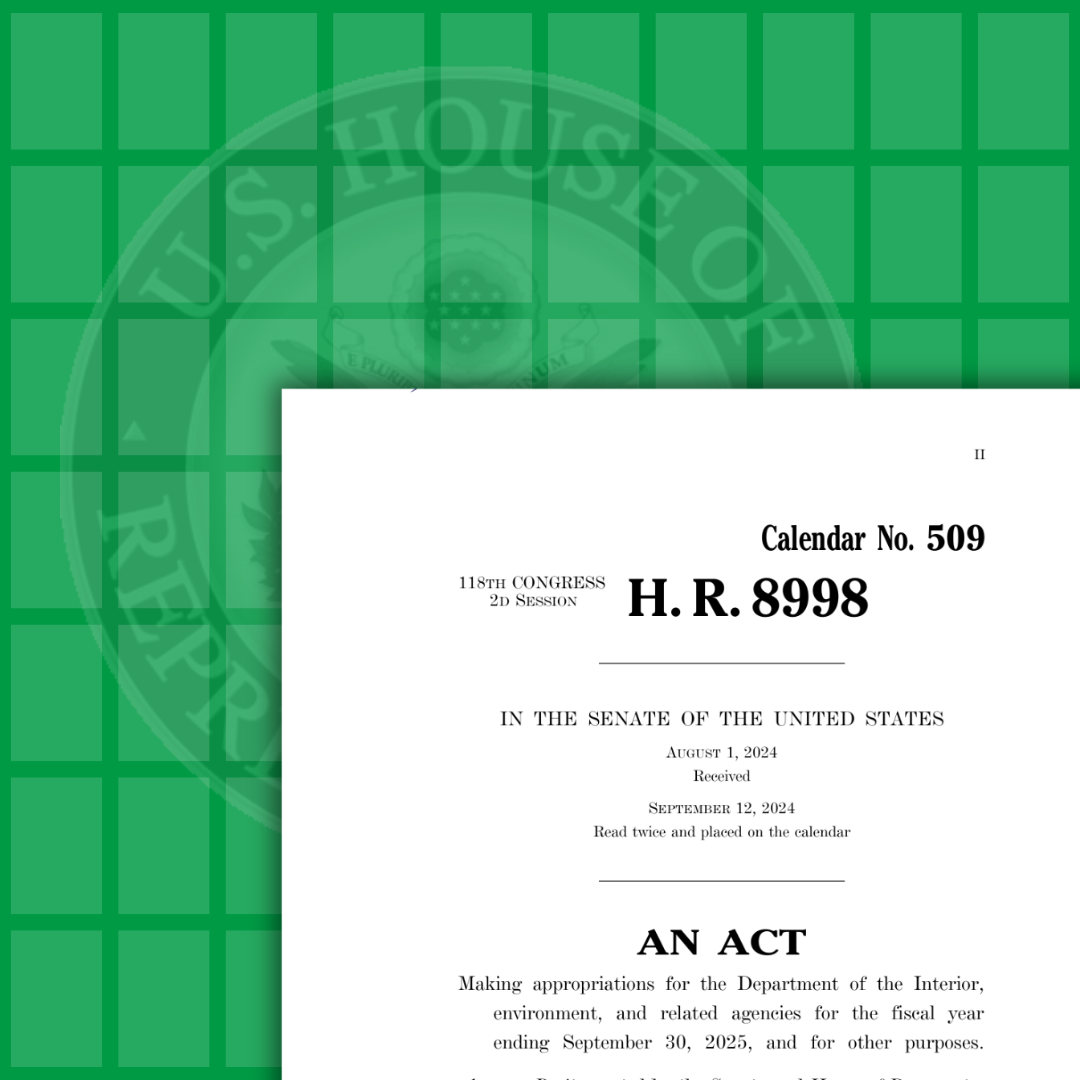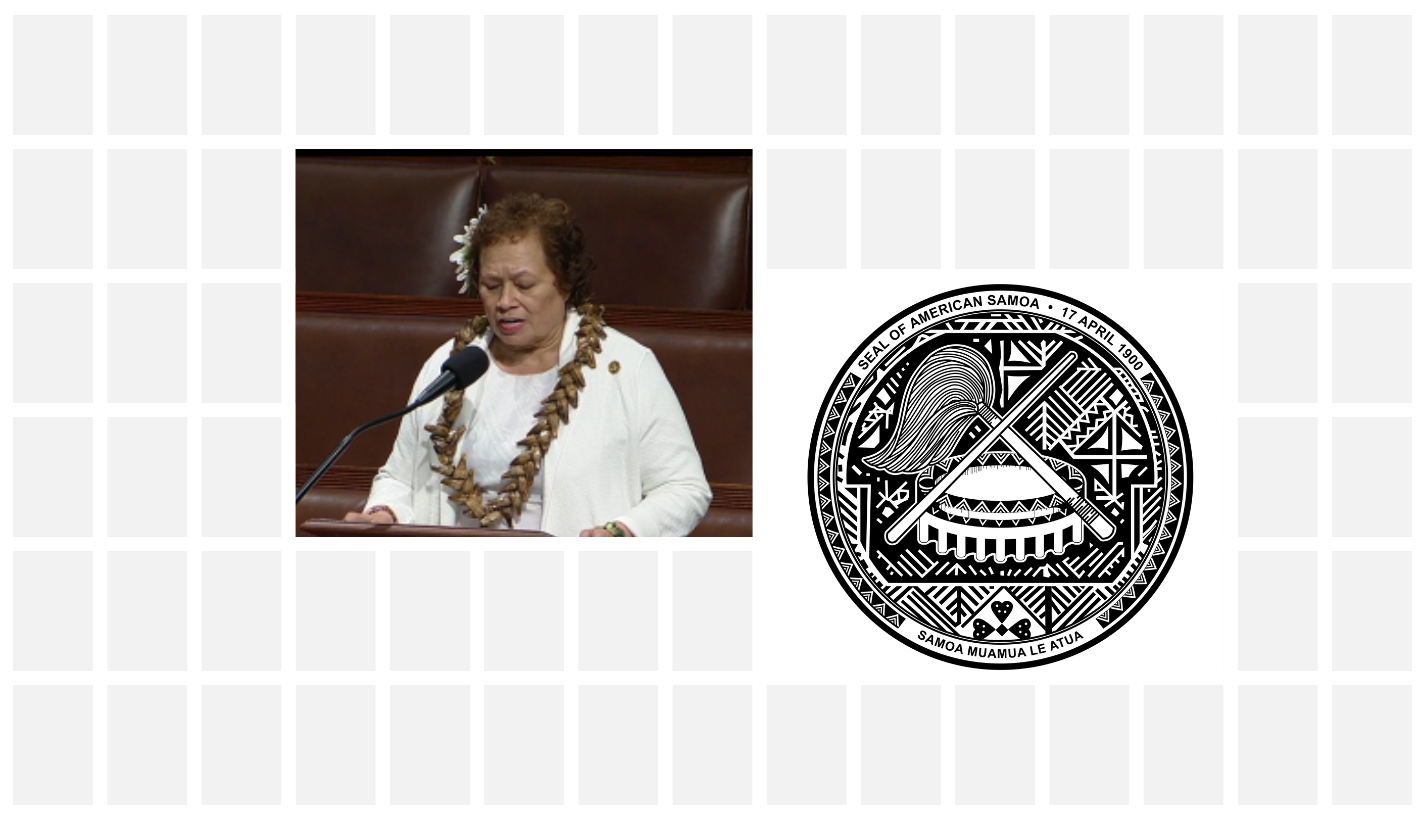The US Government Accountability Office (GAO) undertook a significant effort to identify and address gaps in data from the US territories on federal statistical studies in a recent report. The study, which was commended by many prominent figures in the territories, including Delegate Uifa’atali Amata Coleman Radewagen (R) of American Samoa and Delegate Gregorio Kilili Camacho Sablan (D) of the Northern Mariana Islands (CNMI), found that these data gaps were predominant in many statistical product reports, citing, “of the 52 statistical products reported to GAO by the National Agricultural Statistical Service, only one—the Census of Agriculture—includes the territories.”
“As long as our data collection for US Territories is incomplete and out-of-date, residents will continue to be denied the equitable access to resources they deserve.”
– United States House Committee on Natural Resources Ranking Member Raúl M. Grijalva (D) of Arizona
While many factors contributed to the data gaps, one of the key challenges is the margin of error present when calculating sampling results in the smaller US territories. In many US states, such as Kentucky, only 0.85% of the population must be sampled to achieve results with a 1% margin of error. However, this number leaps to around 25% in Guam, a massive increase requiring significantly greater outreach and federal funding. Additionally, the geographical distance from the mainland US is another factor affecting data collection, making it harder for federal agencies to collect accurate data. These issues were also highlighted during the COVID-19 pandemic, where the exclusion of the territories from the Current Population Survey (CPS) forced many territories to revert to archaic data in the form of labor force statistics during national upheaval. Consequently, the lack of a coordinated governmental approach to tackling territorial data creates gaps that hurt the effectiveness of governmental decision-making in processes such as allocating resources and evaluating the effectiveness of government programs.
The Territories Statistics Collection Equity Act, introduced in March 2023 by US House Committee on Natural Resources Ranking Member Raúl M. Grijalva (D) of Arizona, Radewagen, Sablan, Delegate Jim Moylan (R) of Guam, Resident Commissioner Jenniffer González-Colón (NPP, R) of Puerto Rico, and Delegate Stacey E. Plaskett (D) of USVI, is a bipartisan bill requiring the Interagency Council on Statistical Policy (ICSP) to create a plan to publish statistics from the US territories in a coordinated federal approach. The ICSP would then instruct the Office of Management and Budget (OMB) to implement these changes with the hopes that they would subsequently increase the accuracy of data collection from the territories, allowing Congress and US policymakers to make informed decisions regarding funding for federal programs and financial relief. The Territories Statistics Collection Equity Act has been lauded by many organizations that represent the island, including the Climate Strong Islands Network, who write, “Like US states, the Territories need consistent and timely data across federal agencies to make sure our communities don’t get left behind. Equitable data collection for US Territories will increase access to vital federal programs and support key policy decisions.”
The issue of representation in statistical reports has been a longstanding issue in the US territories. Equitable relief for millions of citizens in these areas is inherently inequitable due to outdated federal data that actively prevents effective government spending. In response, territorial delegates and Raúl M. Grijalva (D) of Arizona proposed the Territories Statistics Collection Equity Act. While it is awaiting further action after being referred to the House Committee on Natural Resources, the act could lead to a streamlined, coordinated government approach to resolving statistical inequities in the territories and altering the landscape for federal representation of the US territories.












0 Comments